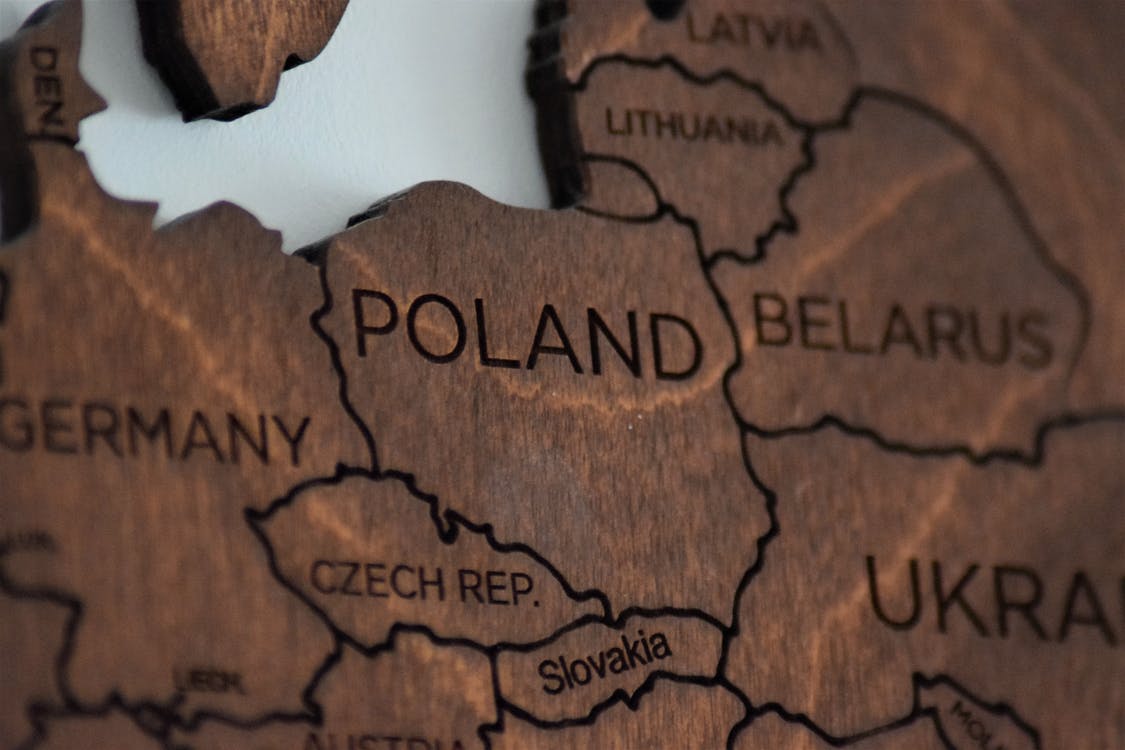Polish Culture, Customs, and Traditions in Poland
Polish Culture, Customs, and Traditions in Poland
Brief Country Profile
The Republic of Poland is located in Central Europe that links northwestern Europe to the sea lanes of the Atlantic Ocean. This country was 16 provinces and has a population of 38.5 million people. It might be the fifth most populous state of the European Union, but it is also punctuated by a lot of natural resources.

Its capital metropolis, Warsaw, is an extraordinary place that has a high-quality modern building engraved with historical phenomena that are known all over the world. The ports of the Baltic Sea and Kraków is a historical tourist spot that shows the extraordinary struggles to gain independence of the country. It is also the center of education and home of Pope John Paul II.
National Cultural Dimensions
Power Distance
- The country’s power among its citizen varies among one another. Thus, it exemplifies inequality all throughout society. The workers and people who have a mid-to-low social status have lesser economic powers than those members of the institution of the government and rich businessmen. Poland has is a hierarchical society. It is very hard to obtain a high value of social status with this kind of inherent inequality.
Individualism
- The interdependent of the country is governed by its citizens to support their everyday life with themselves without the complete care of the government.
Masculinity
- Poland’s economy is driven by a higher rate of competition than it should be. Starting from its educational system up to the citizen’s employment journey. A few can only be determined to be successful because of their inherent powers in the institution.
Uncertainty Avoidance
- The country’s future for its citizens is impossible to be read. This ambiguity exploits different kinds of cultural attacks that needed to be addressed in different ways. The institution of the country made a lot of uncertain beliefs that brought people anxiety.
Long Term Orientation
- Because of the ongoing inequality in the country, the people must obtain some links with their past to deal with the possibilities that their future life might bring them. The country prefers to hold small traditions and conform to norms. It does not focus on the progress of the economy that education can bring for the future.
Indulgence
- The country’s indulgence is restrictive in the way that it controls the citizens’ desire to keep up with the competition in society. It has a higher rate of pessimism. The people have a minimal amount of time to do leisure activities and other desires because of their social orientation based on their status.



